Small California beach city torn apart over fate of this 37-room historic family-owned hotel
The battle has begun over the demolition and planned reconstruction of a historic hotel in Carmel-by-the-Sea.
The family-owned Hofsas House Hotel, a 37-room inn overlooking the Pacific Ocean, has been in business since 1949. But now a fierce battle has erupted between two groups of neighbors: those who want to modernize and others who want to preserve the history.
One group wants the building to be demolished and replaced with a brand new, modern luxury hotel, something new for the picturesque seaside town, known as the Carmel Legacy Hotel.
The new building would be the largest construction project in the city since the 1960s.
The family-run Hofsas House hotel, a 37-room inn overlooking the Pacific Ocean, has been around since 1949, but has now sparked a fierce proxy battle between two groups of neighbors: those who want to modernize and others who want to preserve the history.
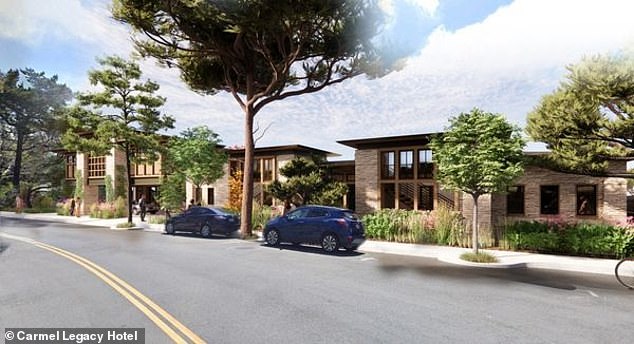
The owner wants to demolish the building in favor of a brand new, modern luxury hotel and something new for the picturesque seaside town, known as the Carmel Legacy Hotel
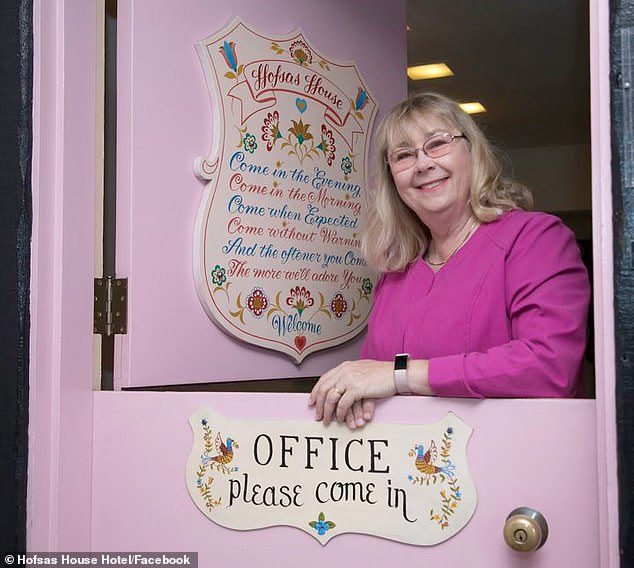
Owner Carrie Theis received unanimous approval from the city’s planning commission in April to demolish and rebuild the Bavarian-themed hotel, but those plans are now on hold
But there is another group that is directly against the town’s residents and wants the building, complete with its nostalgic and historic charm and known for its unique pink exterior, to be preserved for posterity.
The conflict has only intensified in recent months after third-generation hotel owner Carrie Theis won unanimous approval from the city’s planning commission in April to demolish and rebuild the Bavarian-themed hotel.
But just as Theis was preparing to demolish the building, Neal Kruse, co-founder of the Carmel Preservation Association, filed an appeal to block the building’s demolition and reconstruction, seeking to protect the traditional architecture of Carmel-by-the-Sea.
Kruse’s appeal has stalled in the final approval stages, much to the frustration of Theis and her family, who were preparing for the hotel’s demolition later this year or in early 2025.
Theis pointed out that the new hotel, which is to replace Hofsas House, will be similar in size and scale to the current building.
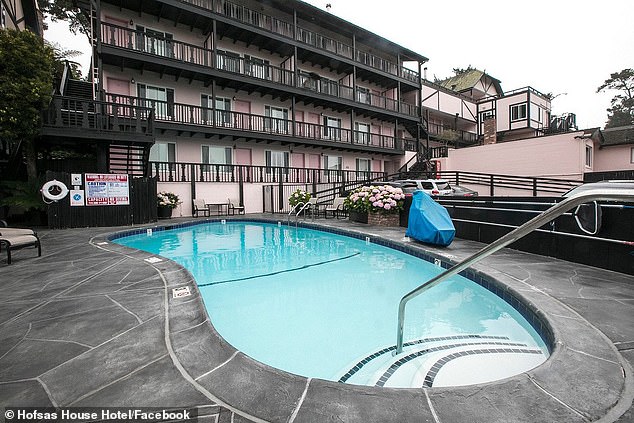
Some of the hotel’s buildings were built in the 1940s, 1950s and 1960s and are long overdue for replacement
“I didn’t ask for more rooms to make more money because I knew I didn’t want to push the boundaries. I didn’t do that,” Theis told SF port about her plans for the new hotel.
“I wanted to put everything in the box. And I don’t understand why people don’t understand that.”
Some of the buildings that were to be demolished were built in the 1940s, 1950s and 1960s and are no longer usable.
The association said it is committed to “protecting the charming, traditional architecture of Carmel-by-the-Sea.”
Kruse and his organization argue that the demolition of Hofsas House would undermine part of Carmel’s unique character.
“I want you to remember what they did, then you know what they think about what the residents need to know about what’s going to happen,” he said, voicing his concerns.
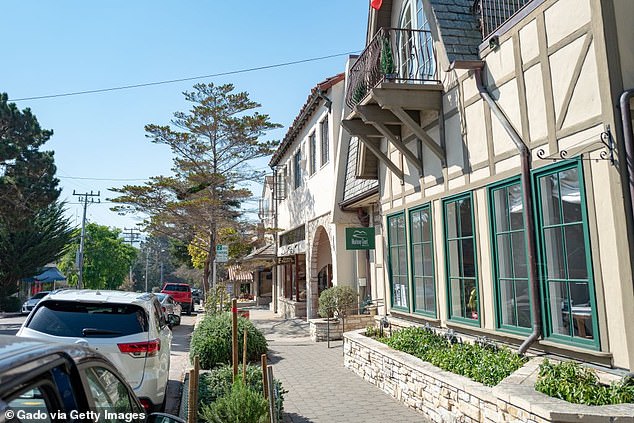
The Carmel Preservation Association said it is committed to “protecting the charming traditional architecture of Carmel-by-the-Sea” but does not want the building to be demolished.
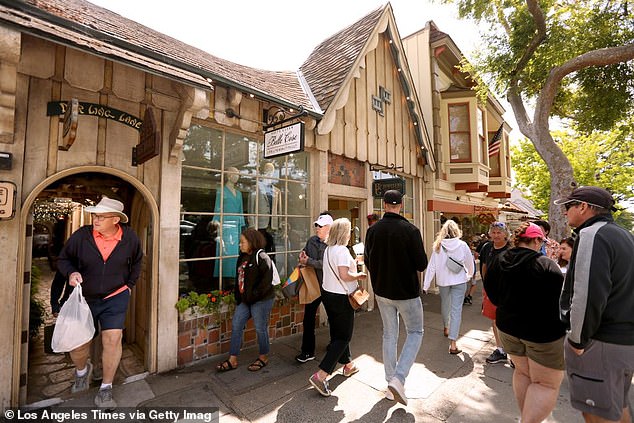
The Carmel Preservation Association has described the possible demolition and reconstruction as a period of “absolute construction hell” that would disrupt the serene atmosphere of the affluent oceanfront community.
Theis said she was “not happy” with the appeal, which has put the family project on hold.
Several Carmel City Council members want the project to move forward.
“I’ve been in that hotel. It’s a maze. It’s difficult. It’s not fixable. I think this will be a great addition to the city when it’s done,” said Councilwoman Karen Ferlito.
“Now that I see more and more luxury hotels being built on the peninsula, I think this is a much-needed project. We need people to stay here instead of day trippers staying outside the city.”
The possible reconstruction of Hofsas House is one of many large-scale projects currently underway in Carmel.
Kruse described it as a period of “absolute building hell,” which disrupted the serene atmosphere of the prosperous coastal community.
As the debate continues, the future of Hofsas House is emblematic of the larger question facing Carmel: How can we balance growth and modernization with preserving its unique historic charm?
